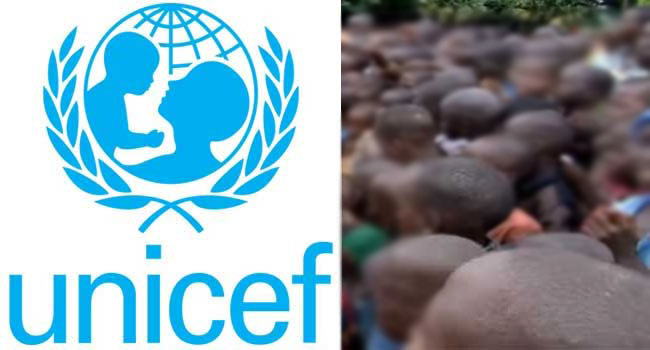The World Health Organisation (WHO) has advised Nigeria and other countries to raise the prices of sugary drinks, alcohol, and tobacco by at least 50% over the next decade.
The call is part of WHO’s newly launched “3 by 35 Initiative”, which aims to significantly cut consumption of harmful products and channel new revenue into health and development.
According to WHO, raising these “health taxes” could prevent up to 50 million premature deaths globally over the next 50 years and generate over $1 trillion in revenue for governments and the money can be reinvested in healthcare, education, and social protection.
“These taxes work,” said Dr Jeremy Farrar, WHO’s Assistant Director-General. “They reduce harmful consumption and generate revenue governments desperately need. It’s time to act.”
The initiative couldn’t be timelier. As health systems buckle under the weight of rising NCDs and dwindling development aid, WHO says countries must explore homegrown solutions.
In Nigeria, the National Sugar Tax Coalition has thrown its weight behind the call.
It is urging the government to increase the Sugar-Sweetened Beverage (SSB) tax from the current N10 per litre to N130, citing a simulation study showing that such move could save thousands of lives and reduce the growing burden of NCDs.
Countries like South Africa and Colombia have already seen success with health taxes, witnessing both reduced consumption and increased revenue.
WHO, however, warns that ongoing tax exemptions and deals with harmful industries continue to undermine public health goals in many places, including Nigeria.
The “3 by 35” Initiative encourages collaboration among governments, civil society, and academia, and provides technical and policy support to assist countries design and implement smarter tax systems that put health first.
For Nigeria, the message is clear: rethink tax policies, save lives, and build a healthier, more self-reliant future.

